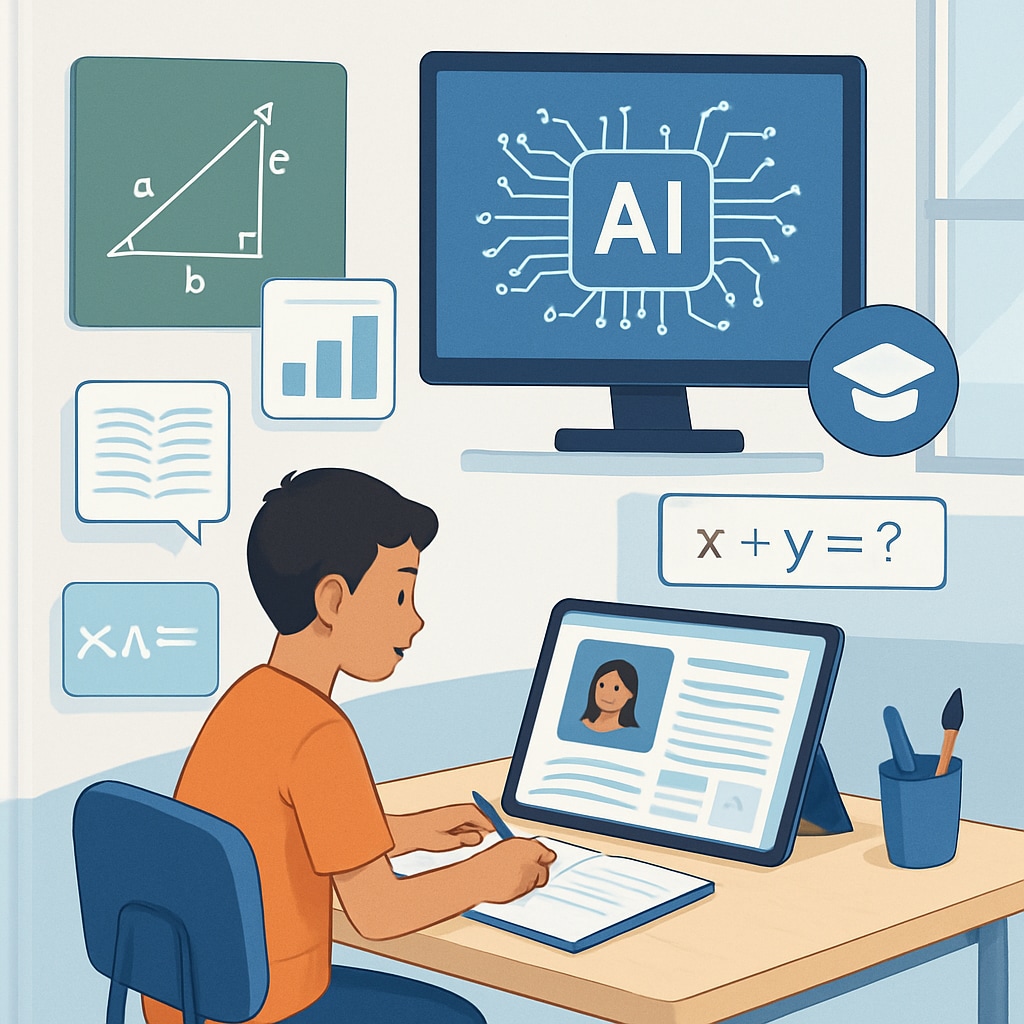The rapid advancement of artificial intelligence (AI) is revolutionizing various industries, including education. However, traditional competitive exams in K12 systems are struggling to keep pace with these transformations. As AI tools reshape learning and assessment, the need to redesign examination frameworks is more critical than ever to ensure effective talent selection and skill recognition. This article explores the challenges posed by AI in the current exam models and proposes innovative approaches for the future of education.
Challenges in Traditional Exam Frameworks
Traditional competitive exams are primarily designed to test rote memorization and standardized problem-solving skills. While these methods have historically served as benchmarks for academic success, they fail to account for the diverse capabilities required in an AI-driven world. For example, soft skills like creativity, adaptability, and critical thinking are increasingly important but seldom evaluated through conventional methods.
Moreover, AI tools like ChatGPT and automated tutoring systems can provide students with instant access to solutions and explanations, potentially undermining the credibility of standardized tests. As a result, educators and policymakers must rethink how exams can measure genuine understanding rather than reliance on external tools.

Redesigning Competitive Exams for the AI Era
To align with the evolving demands of the AI age, competitive exams must adopt innovative formats that prioritize holistic evaluation over traditional metrics. Key strategies for redesigning exams include:
- Project-Based Assessments: Replacing standardized tests with project-based evaluations can encourage creativity and application of knowledge. For instance, students could create solutions for real-world problems using AI tools.
- Skill-Based Testing: Focusing on skills like collaboration, critical thinking, and ethical decision-making ensures that students are prepared for the complexities of modern industries.
- Adaptive Testing: AI-powered adaptive exams can adjust questions based on a student’s proficiency level, providing a more personalized assessment experience.
These strategies not only foster genuine skill development but also promote inclusivity by catering to diverse learning styles and abilities.

Embracing Diversity in Talent Selection
The traditional one-size-fits-all exam model often overlooks students with unique capabilities who may excel in non-academic domains. AI provides an opportunity to create more inclusive evaluation systems that recognize diverse talents. For example, portfolio-based assessments could allow students to showcase achievements in areas like art, sports, or technology.
Furthermore, integrating AI into talent selection processes enables real-time analysis of a student’s learning journey, offering insights into their strengths and areas for growth. This approach ensures that students with non-traditional talents are equally valued, fostering a more equitable educational environment.
Conclusion: A Call for Educational Reform
As artificial intelligence continues to redefine the landscape of education, competitive exams must evolve to remain relevant and effective. By incorporating innovative formats, embracing diversity, and focusing on holistic skill development, educators can ensure that future generations are equipped to thrive in an AI-powered world.
It is time to move beyond traditional metrics and design exams that truly reflect the multifaceted capabilities of students, paving the way for a new era of education reform.
Readability guidance: The article uses concise paragraphs, clear subheadings, and bullet points to improve readability. It includes a mix of active and passive voice, prioritizes short sentences, and incorporates transition words to maintain flow.


